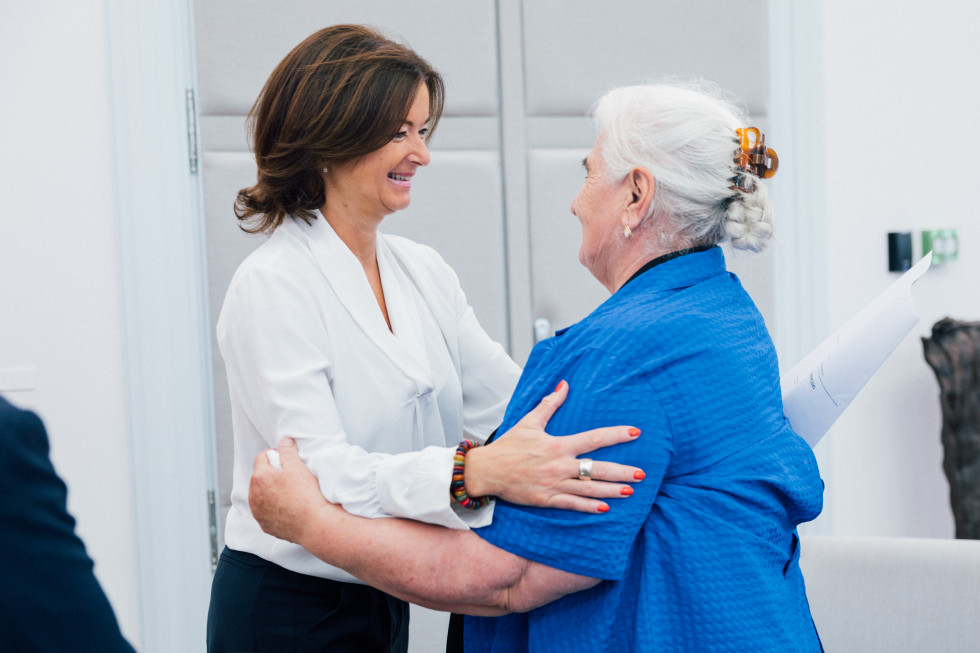25th anniversary of the Women, Peace and Security Agenda: Slovenia’s new national action plan
The UN Security Council Resolution 1325 is a landmark document, as it was the first time that a body holding fundamental responsibility for maintaining international peace and security substantively addressed the impact of armed conflict on women and their contribution to its prevention and resolution. Together with nine subsequent resolutions and a series of presidential statements, the UN Security Council has shaped the Women, Peace and Security Agenda. Taking into account that the consequences of armed conflicts and crises for women and men, girls and boys, as well as their needs in these contexts, are diverse, the Agenda aims to ensure that this is taken into account when designing relevant policies and measures. The Agenda reflects the efforts of states, international and regional organisations and civil society to include women in the processes of preventing and resolving armed conflicts at all levels, to protect women and girls from sexual and gender-based violence in armed conflicts and in humanitarian and other crises, to prevent such violence through effective prosecution of those responsible and to take into account the needs of women and girls in such circumstances.
In his latest report on women, peace and security, the UN Secretary-General highlights that negative global trends of rising authoritarianism, the spread of armed conflict and militarisation also reflect a stagnation in the inclusion of women in decision-making processes in both peacebuilding and peacekeeping. In 2024, on average, more money was spent globally on armament per day than was allocated throughout the entire year to the prevention, prosecution and assistance of conflict-related sexual violence. In 2024, 676 million women lived within 50 km of armed conflict, the highest number in the last 30 years. At the same time, the proportion of female negotiators and mediators in peace processes was marginal and there were very few female signatories to peace agreements. The data paints a very bleak picture for the future, as research confirms that countries with greater gender equality are much more likely to resolve conflicts non-violently and less likely to resort to military force to resolve international disputes. At the same time, peace agreements that have been negotiated with the participation of women tend to be more durable.
Despite these challenging global circumstances, Slovenia remains committed to its promise to highlight women as equal partners in the pursuit of peace and security. Slovenia is one of 113 UN member states that have prepared national action plans in the field of women, peace and security. As a contribution to the implementation of the Women, Peace and Security Agenda, the Government has recently adopted a new Action Plan of the Republic of Slovenia for Women, Peace and Security, which brings together 16 ministries and government agencies in developing an inclusive approach to security in the interests of lasting peace and stability. This will provide the basis for Slovenia's activities in the areas of security and defence, ensuring a system of protection against natural and other disasters, crisis management, foreign policy, international development cooperation and humanitarian aid, as well as in the areas of energy, water, food and cyber security. These activities also include areas that strengthen the internal stability and democracy of society and its cohesion.
Slovenia will continue to strive, including through its feminist foreign policy, to ensure a safe space for activists and peacemakers to work, support and empower victims and survivors of sexual violence in armed conflicts, assist displaced women and girls and promote women's voices wherever attempts are made to silence them.


